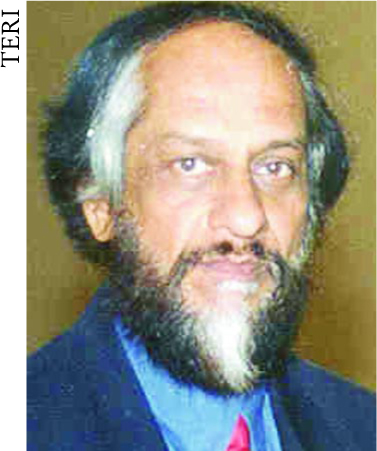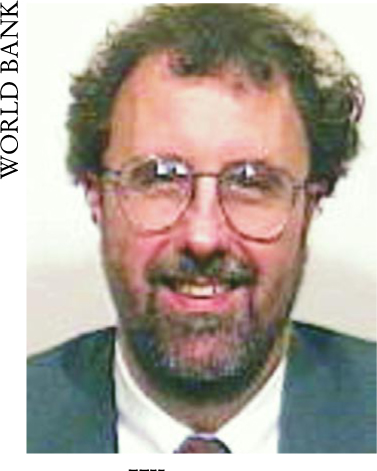Watson Dumped from Climate Panel
DOI: 10.1063/1.1496367
The Bush administration, on the advice of the fossil fuel industry, surprised the international scientific community by refusing to renominate incumbent Robert Watson to chair the Geneva-based Intergovernmental Panel on Climate Change (IPCC), effectively killing his chances of retaining his position. Instead, at a 19 April meeting, the US delegate to the IPCC voted for Rajendra Pachauri, an Indian energy economist. Watson, who had chaired the IPCC for five years, lost his position by a vote of 76 to 49.
The US shift away from Watson came as a surprise to both candidates. “I only learnt of US support through the media,” says Pachauri. “I was not informed by them officially,” he adds. Watson, chief scientist at the World Bank and a former member of the Clinton administration, also found out about the switch through interview queries from the media. John Houghton, who recently stepped down as cochair of one of the IPCC’s four working groups, was taken aback: “I thought they would support Watson because of his great ability, energy, and high integrity, under which the IPCC has been very successful.” But the news didn’t come as a shock to Elliot Diringer of the Pew Center for Climate Change in Arlington, Virginia. “Dr. Watson is a very credible voice for stronger action on climate change, so it’s not all that surprising that the Bush administration didn’t want to renominate him,” Diringer says.
The US change of alliance created a split between one side—Europe and nearly all other industrialized countries—who thought Watson successfully ran the IPCC and eventually renominated him for the job after the US failed to back him, and the other side—the US, Japan, and developing countries—who wanted new leadership and rejected the UK delegation’s last-minute attempt to organize a compromise in which Pachauri would share the chairmanship with Watson. “[The compromise] was understandably not attractive to India, other developing countries, or to Pachauri himself,” says Houghton.
Pachauri, who gave scientific advice to Al Gore for the former vice president’s book, Earth in the Balance: Ecology and the Human Spirit (Houghton Mifflin, 1992), was nominated for the job by the Indian government last September. According to IPCC delegates who attended the April meeting, Pachauri got the US vote for three reasons: The move helped Indo–US relations; the US could claim it was supporting developing countries by supporting Pachauri’s candidacy; and, most important, by not having an American chairperson, the IPCC would have less influence in US political circles.
Not everyone believes IPCC influence in the US will drop during Pachauri’s watch, however. Many climate scientists say that Pachauri is well-qualified for the position. “He is an able person of high integrity who is widely respected, who has a very different leadership style from Bob Watson,” says Houghton. Watson was well known for a hands-on operating style. “My style of functioning is based on extensive delegation,” says Pachauri.
Some policy changes will occur at the IPCC, with a shift toward looking at different regions and the social impact of climate change. “My strengths lie in technology, economics, and social sciences,” says Pachauri. “I believe that there is not enough research or awareness of how climate change will affect developing countries. This is a gap which needs to be filled, and I intend doing my bit in this regard.”
Pachauri says he is determined to increase everyone’s understanding of the full threat of climate change so that not just governments, but also industry and the broader society, will take action to combat it. “We really need to go far beyond the reduction of emissions laid down in the Kyoto Protocol,” he says. Diringer agrees: “The IPCC has had a substantial impact in calling attention to climate change and shaping a response. The important thing now is to preserve the integrity of the IPCC process. Bob Watson did a tremendous job and there’s every reason to believe Dr. Pachauri will as well.”

Pachauri
TERI


Watson
WORLD BANK

More about the authors
Paul Guinnessy, American Center for Physics, One Physics Ellipse, College Park, Maryland 20740-3842, US . pguinnes@aip.org





